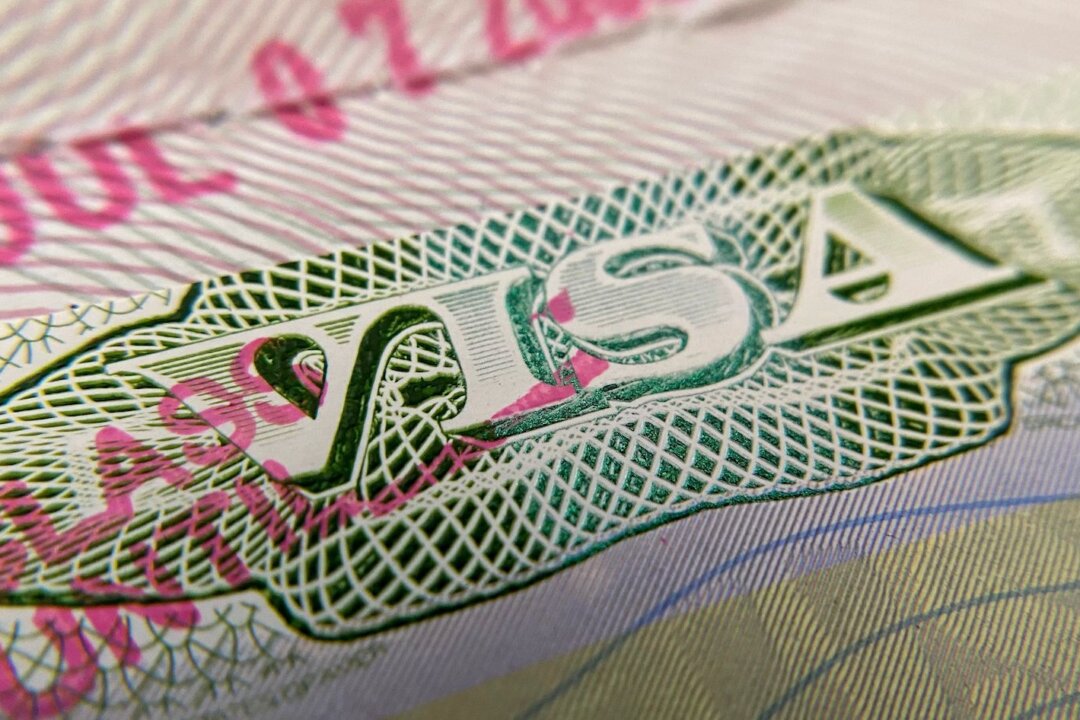The automatic revocations, some over possible criminal activity, had prompted dozens of lawsuits.
U.S. Immigration and Customs Enforcement (ICE) has reversed course on a decision to automatically revoke more than 1,200 student visas, after the State Department said in March that it would use artificial intelligence to review foreign students’ records for criminal activity or arrests.
Some of the students—and their universities—were told their immigration statuses were jeopardized after they were flagged for criminal activity in the National Crime Information Center (NCIC) database. This prompted a flurry of lawsuits.
The reversal comes after judges around the country blocked the government from revoking the student visas and suspending their statuses in the Student and Exchange Visitor Information Systems (SEVIS) database.
Two government lawyers read similar statements in court at hearings in Oakland and Washington on Friday morning.
“ICE is developing a policy that will provide a framework for SEVIS record terminations. Until such a policy is issued, the SEVIS records for plaintiff(s) in this case (and other similarly situated plaintiffs) will remain Active or shall be re-activated if not currently active and ICE will not modify the record solely based on the NCIC finding that resulted in the recent SEVIS record termination,” the statement said.
It also said that ICE may still terminate the students’ F-1 visa statuses later for noncompliance with the current immigration laws, or for other violations.
The State Department and ICE have not yet responded to a request for comment.
The government’s decision was announced one day after U.S. District Judge Tanya Chutkan temporarily blocked the Trump administration from canceling the F-1 student visa of an Ohio State University student, following his arrest at a pro-Palestinian demonstration.
Ahwar Sultan, a graduate student and teaching assistant majoring in comparative studies, was arrested last year after participating in a pro-Palestinian protest that demanded Ohio State support the “BDS”—boycott, divest, sanction—stance toward Israel.
Sultan’s charges were dismissed, he was released, and his record was expunged after 10 hours of community service. Nearly a year later, he was notified that his F-1 student visa had been revoked.
In her written order, Chutkan noted that Sultan was in a “catch-22 situation” since even attorneys for the government were unable to say for sure whether he was marked for deportation.
“At this juncture, more than two weeks have elapsed since Sultan filed his Complaint and the court is highly skeptical of counsel’s representations that Defendants are still waiting for ICE to confirm whether Sultan’s presence in the United States is unlawful,” she said.
The Associated Press contributed to this report.

